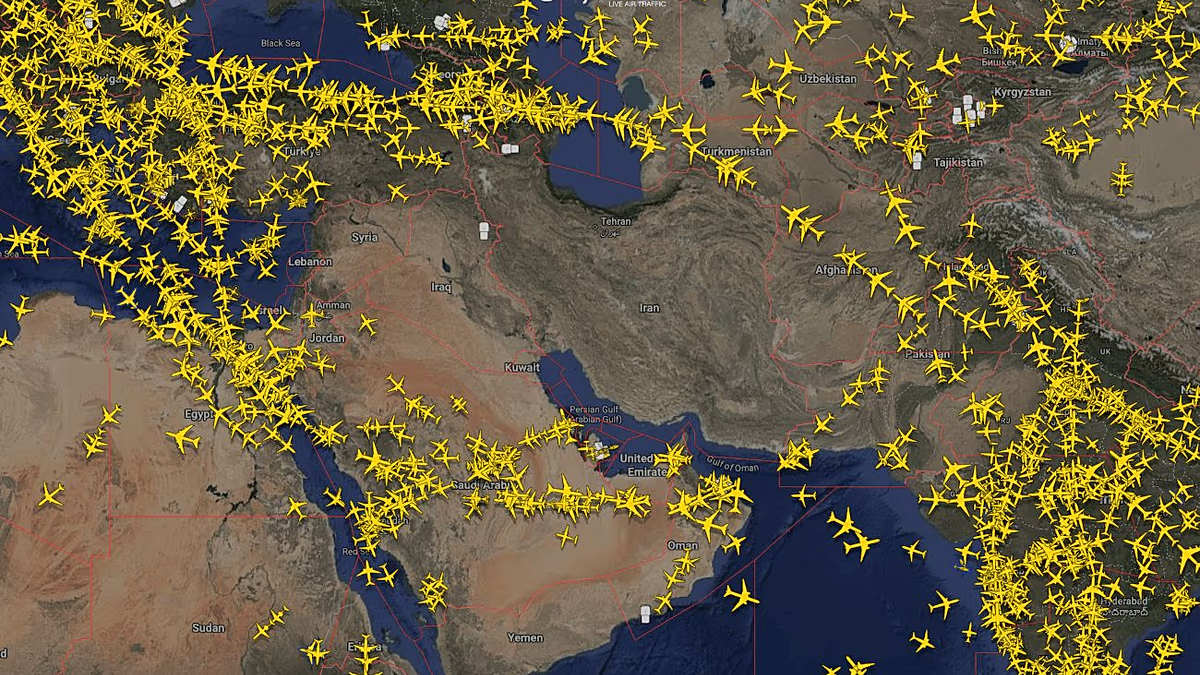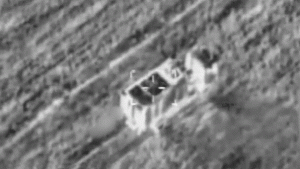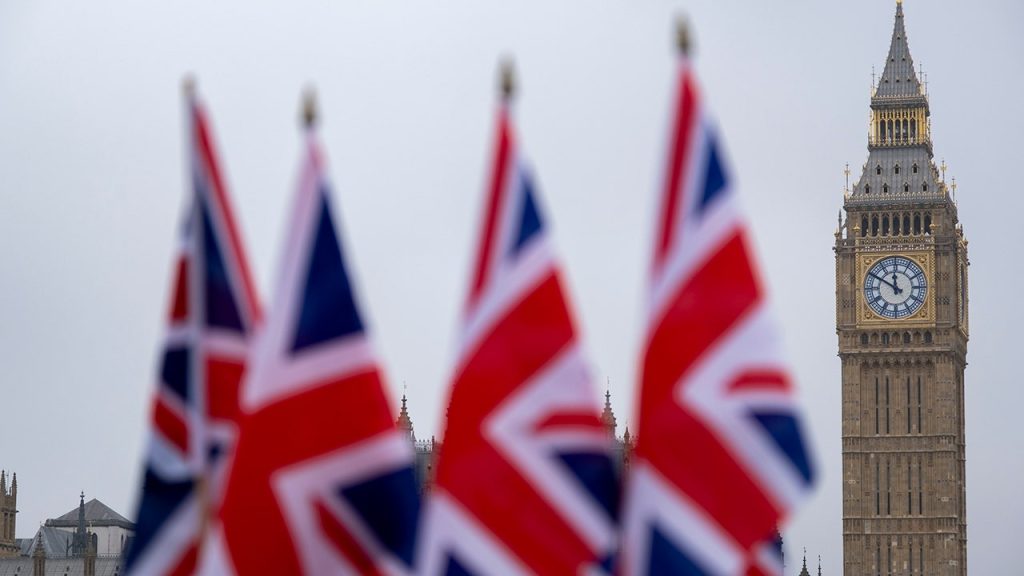Britain’s Growing Free Speech Crisis: A Cause for Concern
In a troubling development that coincides with President Donald Trump’s upcoming state visit to the United Kingdom, the arrest of Arizona-based Irish comedian Graham Linehan has shone a spotlight on Britain’s escalating free speech crisis. Linehan was detained at Heathrow Airport for allegedly criticizing transgender activists on social media, prompting British politician Nigel Farage to warn the U.S. Congress that England is descending into an “awful authoritarian situation.” As the leader of the populist Reform U.K. party, Farage compared Linehan’s experience to life in totalitarian North Korea, highlighting how dramatically free expression has deteriorated in a nation historically considered a birthplace of robust free speech protections. The incident has sparked fierce criticism of the left-wing Labor government, with prominent figures like comedian John Cleese questioning why five London police officers were needed to arrest a comedian while actual crimes like burglaries go uninvestigated.
President Trump himself expressed surprise at the developments, noting that “strange things are happening over there” despite having spoken with the British prime minister about the situation. This stands in stark contrast to Labor Prime Minister Keir Starmer’s February assurance at the White House that “We’ve had free speech for a very, very long time in the United Kingdom—and it will last for a very, very long time.” Critics in both the U.K. and U.S. point to numerous examples of free speech crackdowns in recent years under both Conservative and Labor governments. These include the January arrest of parents Maxie Allen and Rosalind Levine over messages in a WhatsApp chat group related to a school dispute, which resulted in six officers searching their home and detaining them for eight hours. In another case, the Essex police investigated conservative Daily Telegraph columnist Allison Pearson for an allegedly racist social media post criticizing police interaction with pro-Palestinian demonstrators.
The trend of restricting speech has extended to business owners and family members of politicians. Rob Davies, a store owner dealing with shoplifting issues, was advised by police to remove a handwritten note calling shoplifters “scumbags,” though he refused and avoided arrest. More severely, Lucy Connolly, wife of a Conservative party politician, received a 31-month prison sentence for posting an allegedly racist message following the murder of three children in Southport. Her post, which called for mass deportation and expressed anger toward the government, was deleted within four hours but still resulted in her incarceration. These incidents demonstrate how British authorities are increasingly willing to punish citizens for expressing controversial or offensive opinions, even when those expressions are brief or quickly retracted.
Beyond targeting political speech, British authorities have also restricted religious expression, particularly around abortion facilities. Lois McLatchie Miller from the Alliance Defending Freedom International highlighted several cases of individuals penalized for silent prayer near abortion centers. In what she called the “most expensive prayer in history,” Afghanistan war veteran Adam Smith-Connor was ordered to pay approximately $11,330 for three minutes of silent prayer for his son lost to abortion 22 years prior. This case drew international attention when U.S. Vice President JD Vance warned at the Munich Security Conference that “Free speech, I fear, is in retreat.” Other similar cases include Catholic pro-life campaigner Isabel Vaughan-Spruce, who was “arrested for a thought crime” while praying silently near an abortion clinic, and retired medical scientist Livia Tossici-Bolt, arrested for standing outside an abortion facility with a sign offering to talk to women.
Scotland has become particularly restrictive regarding pro-life expression, with grandmother Rose Docherty arrested for a silent protest outside a Glasgow abortion facility where she held a sign reading: “Coercion is a crime, here to talk, if you want.” Shawn Carney, president and CEO of the Texas-based 40 Days for Life, described the situation as a “newfound bigotry for free speech” that has developed over recent years. When asked about the reasons behind Britain’s apparent erosion of free speech protections, Carney suggested it might be a reaction to growing pro-life sentiment in the United States and to Trump’s pro-life policies. He characterized the U.K. as “the laughingstock of free speech in the West,” highlighting how a nation that once championed liberty of expression now seems intent on restricting it.
The crackdown on free speech in the United Kingdom reveals a troubling shift in how Western democracies approach fundamental liberties. From comedians and columnists to parents and protesters, British citizens are increasingly finding themselves subject to police investigation, detention, and even imprisonment for expressing opinions that would have been protected just a few years ago. This trend raises profound questions about the future of democratic values in Britain and serves as a warning to other nations about how quickly cherished freedoms can erode. As President Trump prepares for his state visit, the contrast between American constitutional protections for free expression and the U.K.’s increasingly restrictive approach stands in stark relief. For many observers on both sides of the Atlantic, Britain’s current trajectory represents not just a national concern but a cautionary tale about the fragility of free speech in an age of heightened political polarization and expanding government authority over public discourse.















